Nov. 1, 2018
7 takeaways of social media’s good, bad and ugly from VCU Business forum
Share this story
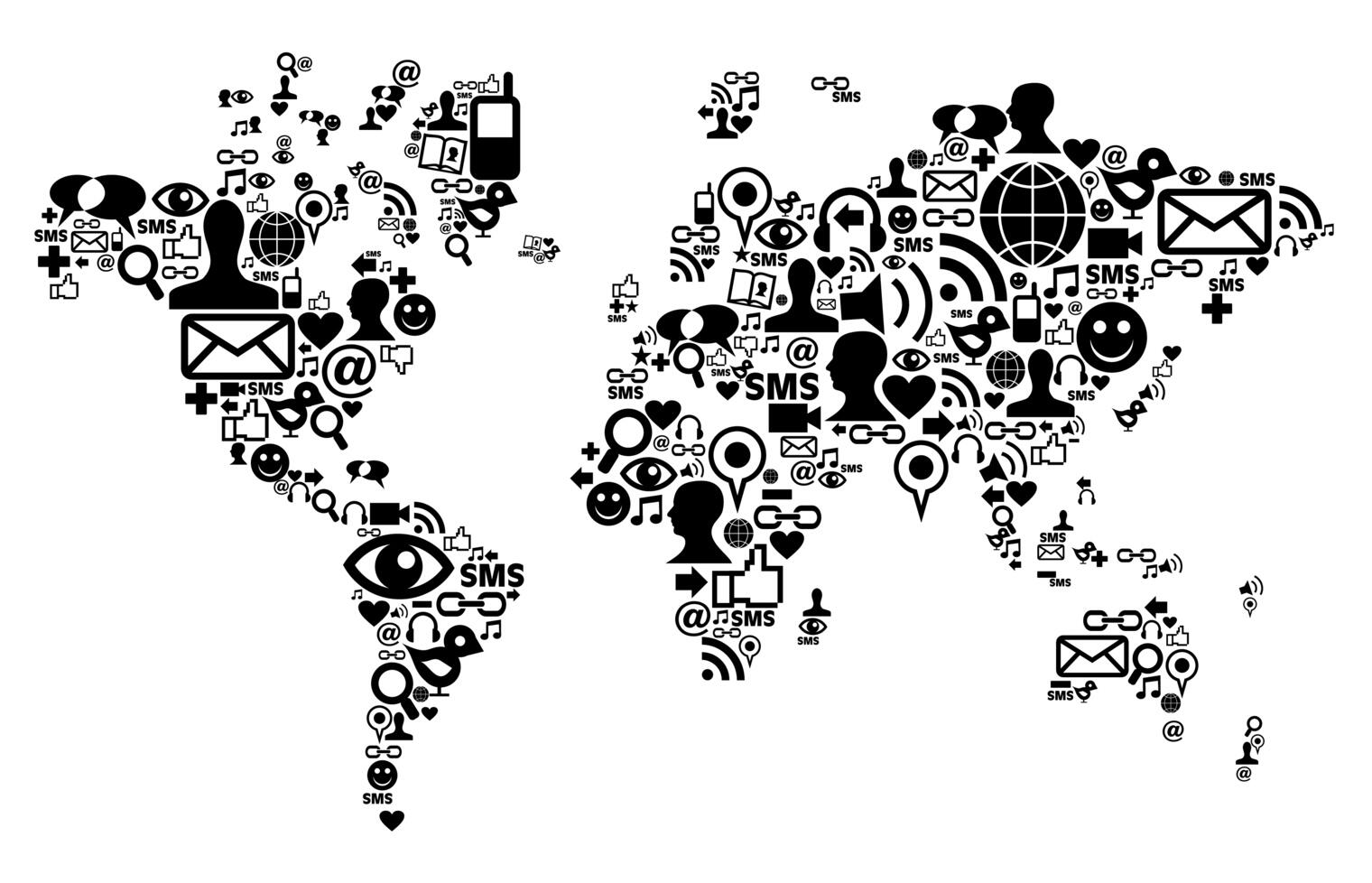
Is the popularity of Taylor Swift and Justin Bieber a good thing? That depends on whom you ask. However, everyone can agree that neither would be where they are today without social media.
“It's thanks to social media that we have our whole modern entertainment and cultural landscape,” said Emerson T. Brooking, a Washington, D.C.-based writer and student of international security policy. “Taylor Swift got famous because of her Myspace following. Justin Bieber was an early YouTuber.”
What’s more, social media has been used by democratic protestors and dissidents to help shape changes around the world, Brooking said at the Virginia Commonwealth University School of Business’ 24th annual International Business Forum.
The Oct. 24 forum brought Brooking and three other social media experts together to talk about “The Global Influence of Social Media On Business, Politics and Culture: The Good, The Bad and The Ugly.”
Here are top takeaways from the panelists:
The good
Bringing people together and supporting causes
Social media allows us to learn about other cultures and other people's points of view, said Christina Dick, a 2010 graduate of the Richard T. Robertson School of Media and Culture and founder of TFB Agency, a marketing consultancy with a focus on social media.
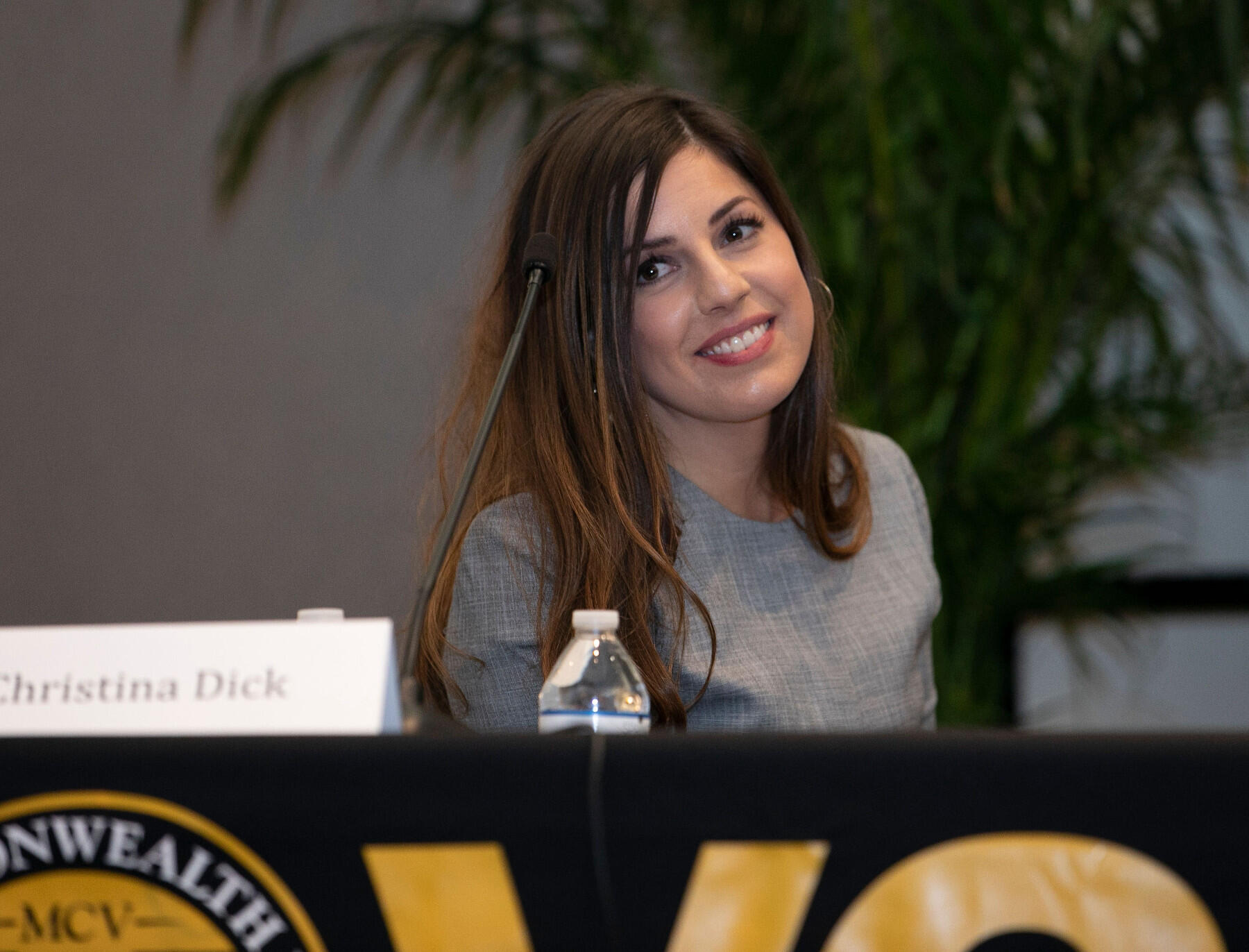
“Looking outside of our own group is really trying to understand people who think differently than us,” she said. “[Social media provides the opportunity] to learn from other people, to talk about what you are hearing around you, what you're putting out there and what you're taking in.” None of today’s communications technology existed 25 years ago, said John Worthington, CEO of IBT Online. In the time since, global connections have increased exponentially, he said.
“It's a completely different business world and the successful businesses are the companies that understand that and take advantage of it,” Worthington said. “Three point seven billion people are on the internet outside of this country and you can communicate with them today in a way that you couldn't imagine before.”
Social platforms — as a means of connecting people — thus provide excellent tools for supporting causes, said Butch Sarma, entrepreneur and director of the VCU Executive MBA program and instructor of digital marketing.
“Organizing support for causes. … Things that impact, that can shine a spotlight on that are really the big strength of social media,” Sarma said.
Real value for companies and consumers
Airbnb has 80 international websites in 190 countries. The company has been around for 10 years. It's a pure web social media player, Worthington said.
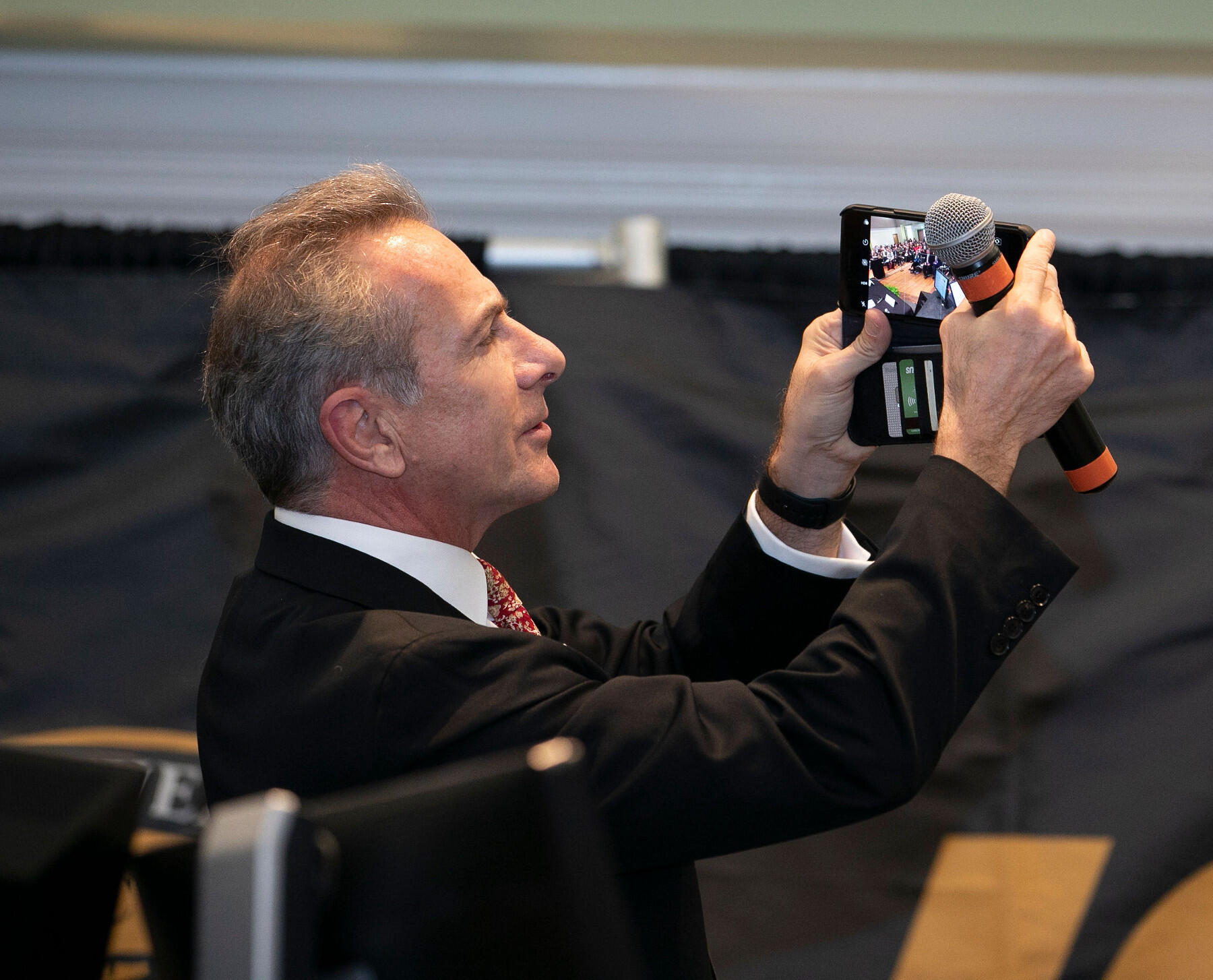
“Without today's online world, Airbnb wouldn't exist,” he said. “They've created an enterprise value of $30 billion — $30 billion in 10 years online. That's good business. Uber is international, has 80 international apps in 65,000 cities with a valuation of $72 billion. You can say that this is good enterprise value created. These are good examples of where the web and social media have delivered real value for companies but also experience for us as individuals.”
Opportunities for aspiring entrepreneurs
Apple, Worthington said, wrote the book on how to create localized websites.
“Apple's very smart. Every single country has its own Apple website,” he said. “… If you're in France, you go to Apple France and it has everything that French people are buying and they just love it. Everybody loves it. … This is where the real opportunity is for all of you aspiring entrepreneurs out there to fill the business and get selling on the e-commerce platforms for your own sites and social media. It's all there.”
Global reach for smart companies
Another tech giant, Google, is using analytics to better deliver local content, Worthington said.
“When you travel, you use search engines. But if you look at Google in the U.S., it's a very, very different animal than Google in other countries. … Search engine optimization by Google, they have very smart people in all of these markets around the world and they're writing search engines for the local population. … They want to deliver the local market local content. The long and short of it is, whatever you would do for an American website, an excellent American website, you do in every single market.”
The bad
Fake news and vanity
Is news coming from authorized sources? How do we understand what’s real and what’s not? These are questions that surround social networks and how they serve as news sharing platforms, Sarma said.
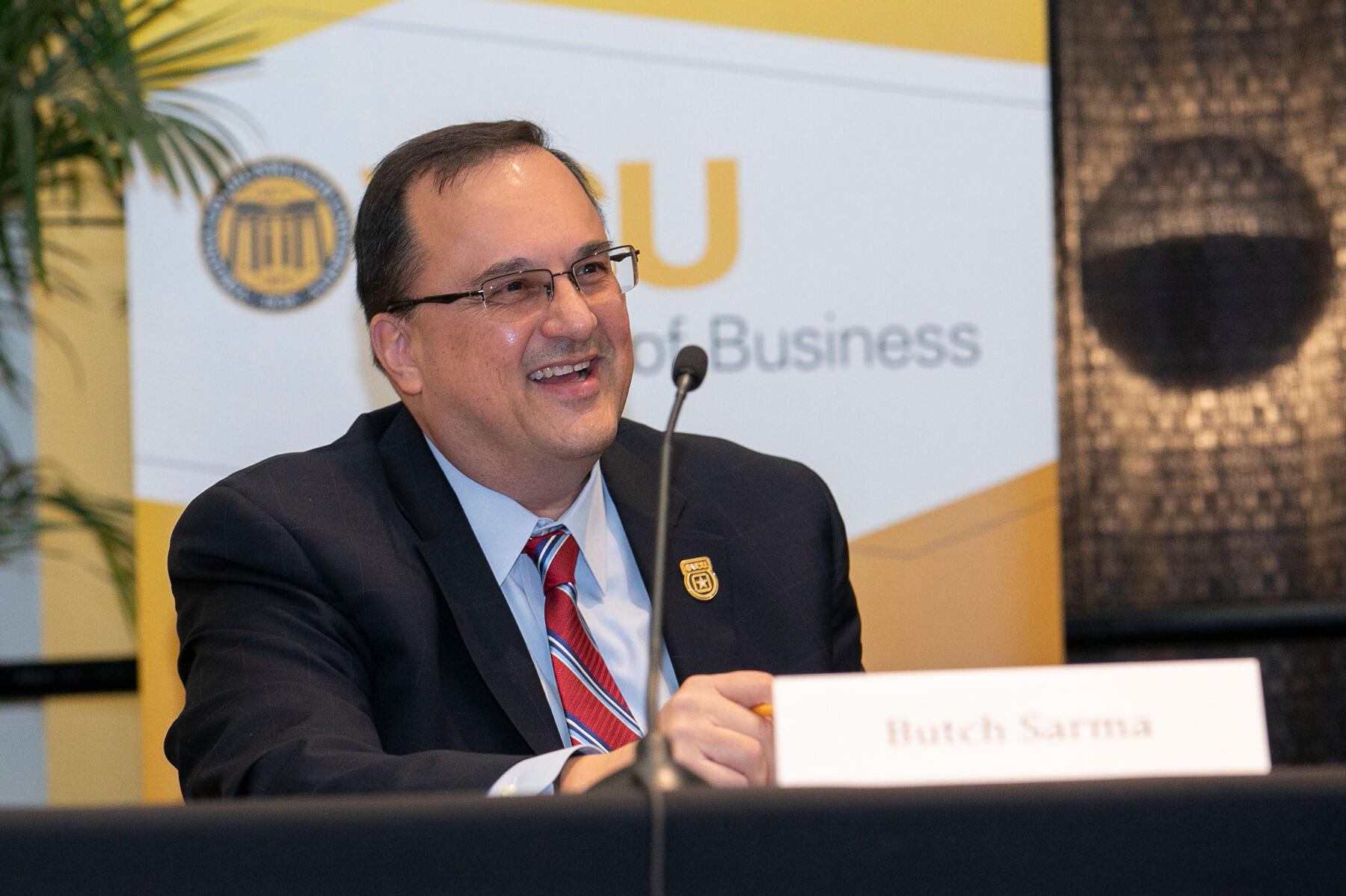
“The trolls, as you’ve heard, are people living in Russia who act like they're in Texas,” he said. “They're taking on an assumed role in trying to carry a conversation forward and to influence what other people are fighting about when they clearly don’t have any standing. They live in Russia or another country and they're just trying to meddle in our affairs here in the United States through social media.”
Social media also brings out a bit of vanity, Brooking said. He remembers interviewing “The Hills” star Spencer Pratt, who was voted villain of the year twice at the MTV awards.
“He got famous essentially by manipulating the paparazzi,” Brooking said. “Today anyone can be a reality TV star and everyone is effectively a brand. At the same time, more and more, we see incidents of viral misinformation not only poisoning the political dialogue, but also driving people to take actions in the real world, which are premised on things they believe to be true that are in fact false.”
The ugly
Election tampering
When foreign stakes get into the election business, not just the United States but other countries as well, it disrupts the democratic process, Sarma said.
“It triggers discussions that had nothing to do with the issues, the politicians, things that are relevant for the people,” he said. “These things are being implemented, brought to light in ways that aren't truthful by people who don't live here, can't vote and are not part of the process.”
An important thing to consider in this next election cycle, he said: What determines positions from politicians?
“How are you going to filter your social media feeds in order to understand: What are the real issues that are being voted on in the election?” Sarma said.
Waging war with hashtags and promoting violence
Social platforms can be instruments for war as well as tools for good, Brooking said. He cited the rise of ISIS as an example.
“A lot of people in the Middle East, Syria and Iraq had social media accounts, had easy access to internet connection for the smartphones and a lot of these guys were really good at branding, so they established a foothold in Syria,” he said, recounting the origins of ISIS.
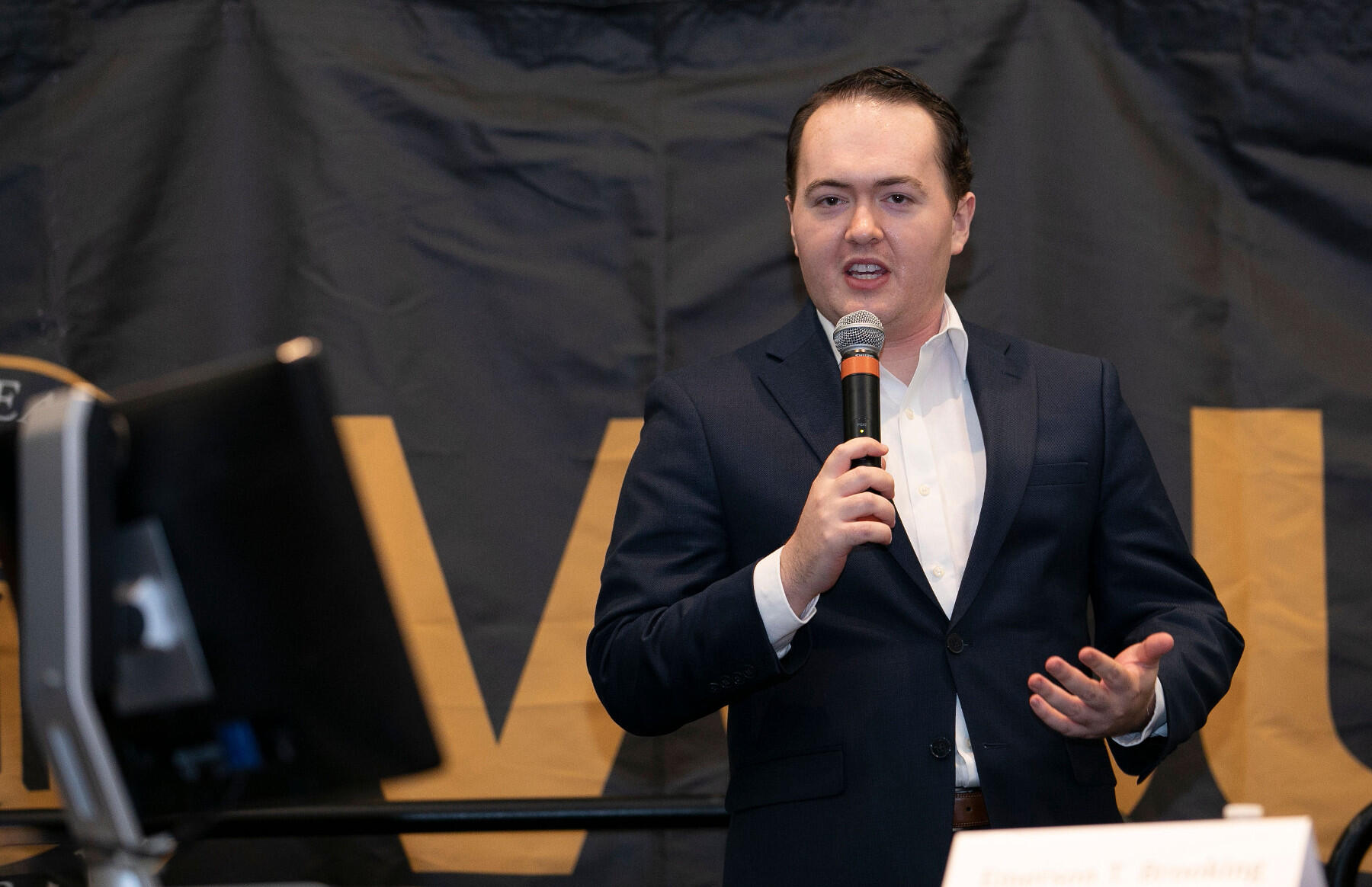
“Then they decided to go into Iraq. In mid-2014, about 1,500 ISIS militants in pickup trucks with old AK47s roared into Northern Iraq. Fifteen hundred guys are heading toward a Muslim population of about 1.5 million guarded by about 40,000 or 50,000 Iraqi soldiers. Ordinarily, this isn't a fight where you really think these guys had a chance, but they were really good at branding and hashtag campaigns. In invasions past, you would typically keep it a secret where you're going and how you're managing the assault, your progress and all that. These guys took the opposite approach. They had a hashtag: AllEyesOnISIS.”
Domestically, the U.S. has seen social media leveraged to promote and incite violence, Brooking said. The white nationalist rally in Charlottesville, Virginia, a year ago is an example.
“A young counter-protestor lost her life,” Brooking said. “This was a virulent ideology, which most people thought had been banished from the American political conversation decades earlier. The reason they were able to mount a comeback was because of this growing hyperpolarization enabled by online technology and fermented, too, by foreign intelligent services who are now playing us off against each other, almost always without our knowledge.”
Subscribe to VCU News
Subscribe to VCU News at newsletter.vcu.edu and receive a selection of stories, videos, photos, news clips and event listings in your inbox.










